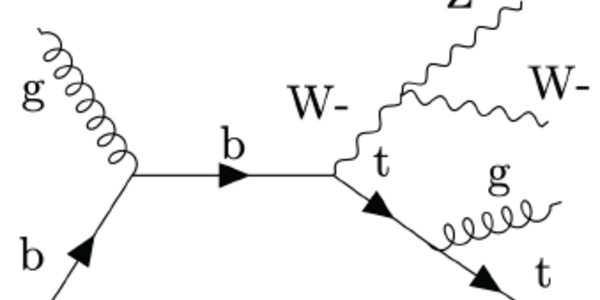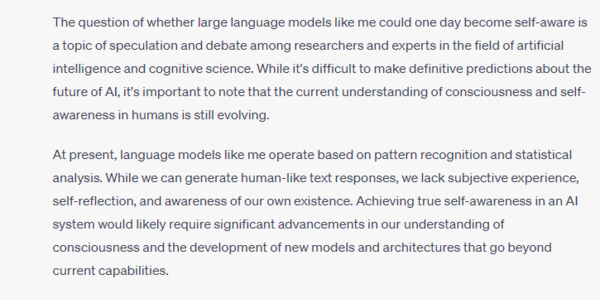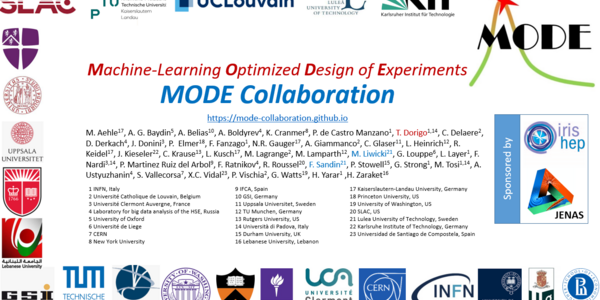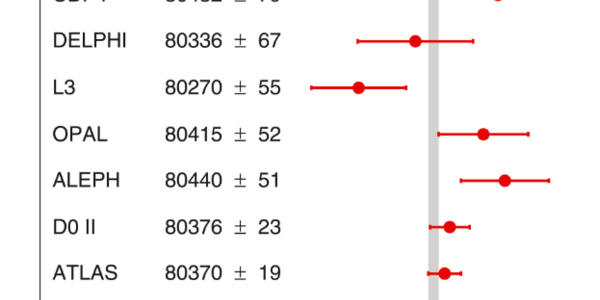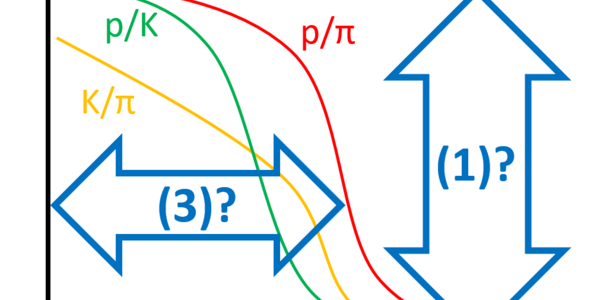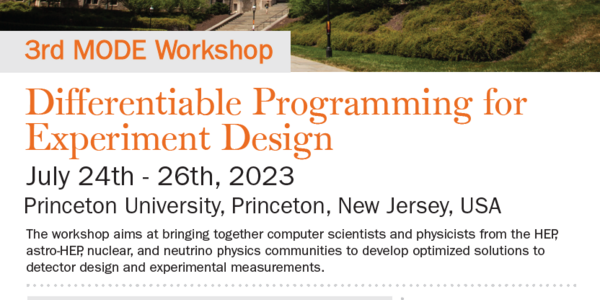A W, A Z, And A Top Quark
The world of elementary particles has something in common with our own: there are large inequalities in the properties of particles, as in the properties of human beings. The heaviest particle, the top quark, with its estimated mass of 172 GeV is five orders of magnitude heavier than the most common matter constituents, the up and down quarks and the electron. Along with the top quark there are three other heavyweight particles that we currently call elementary -perhaps only a label we have to use because we haven't been able to split them further into smaller bits: the Higgs boson (125 GeV…
